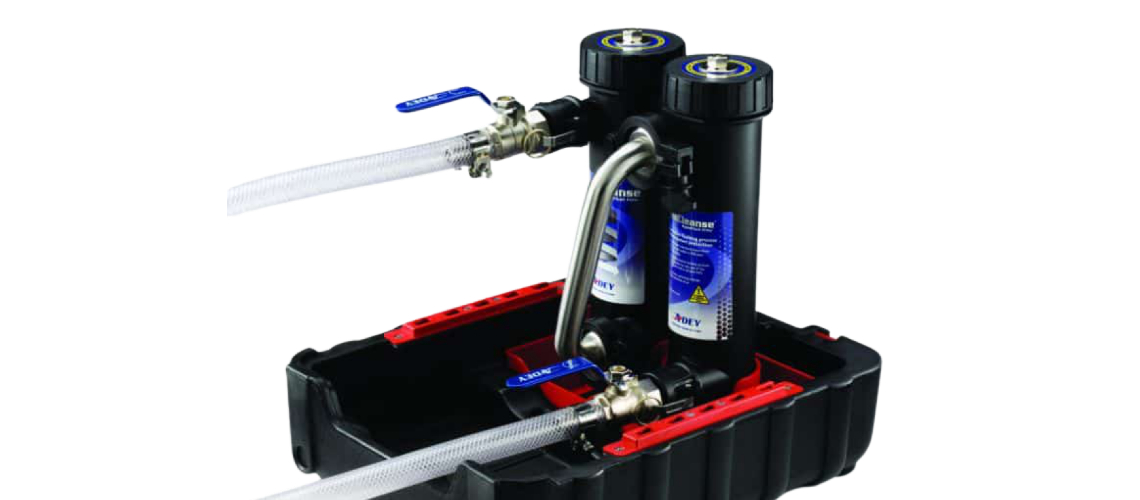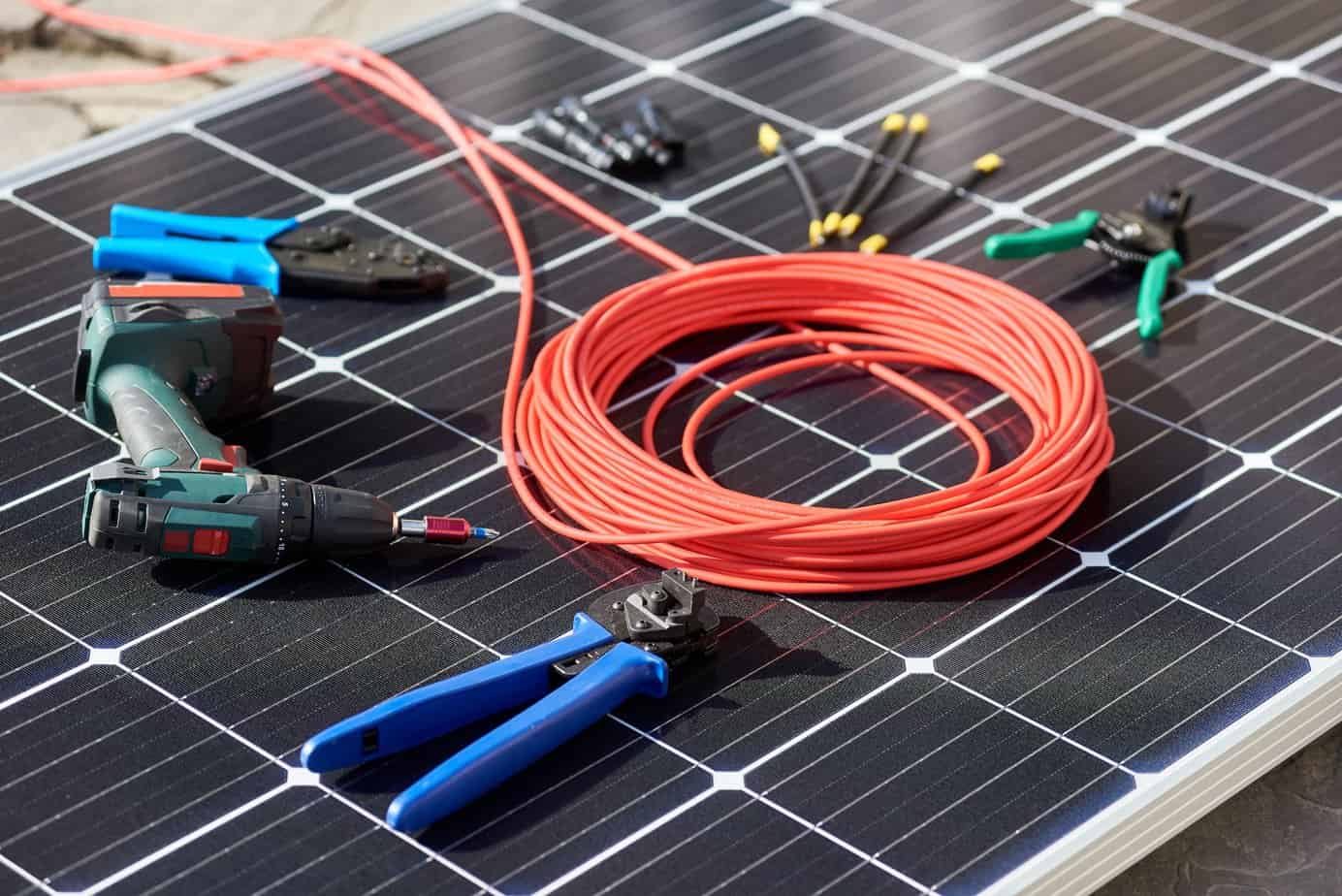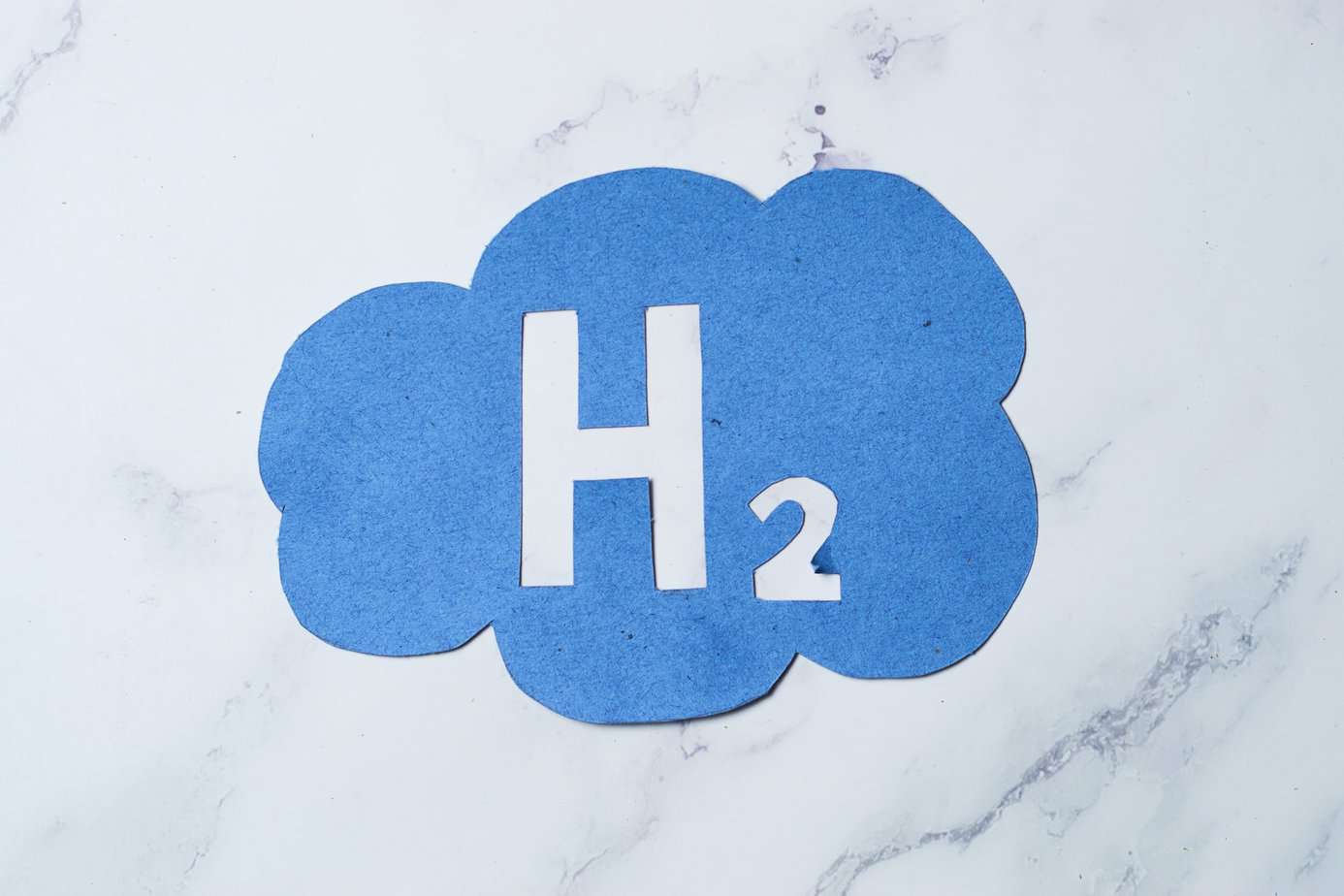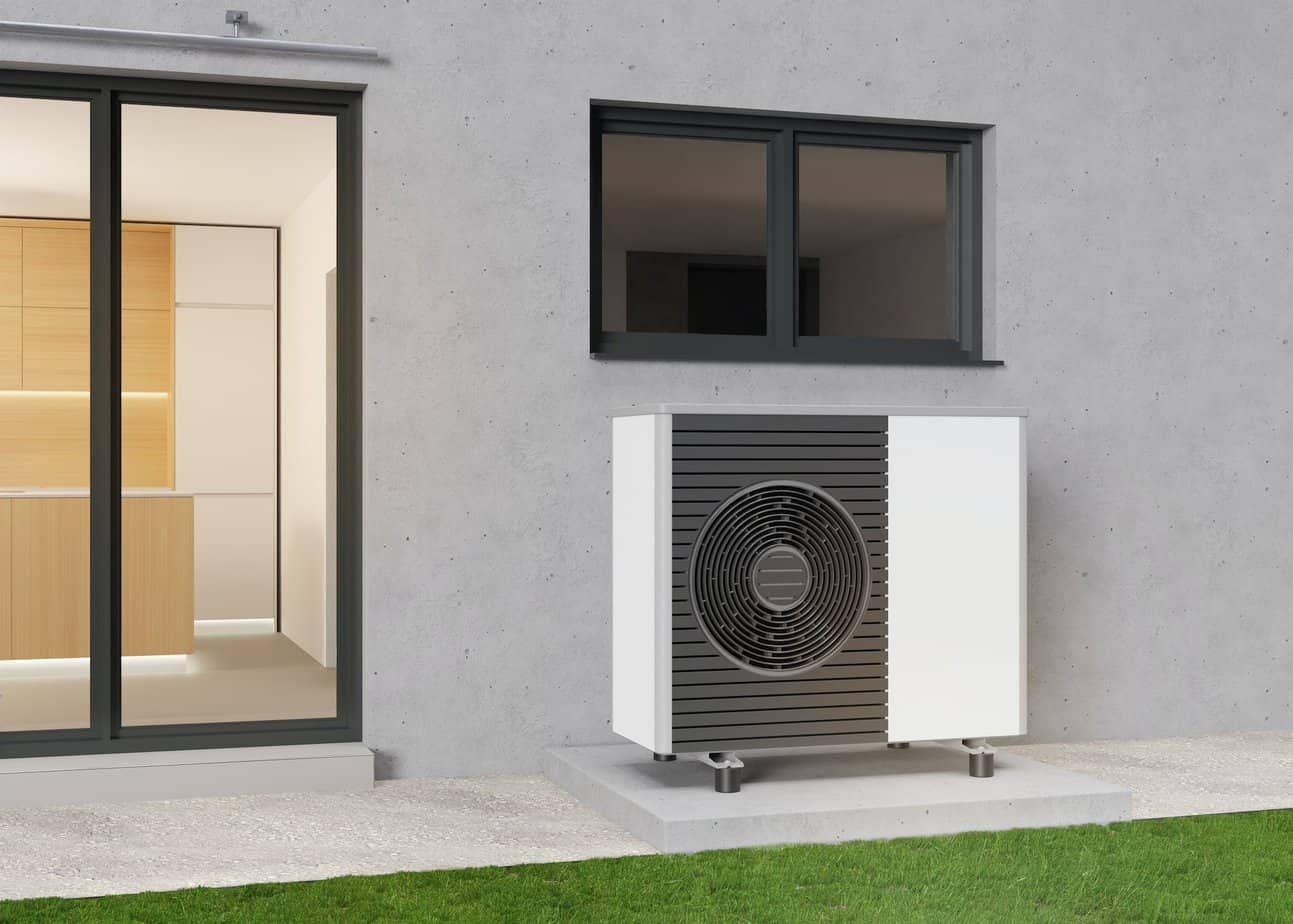Has your central heating become sluggish, slow, or otherwise less efficient? Maybe it’s taking longer for it to heat up, or there are cold spots in your radiators. These are common signs that it could be time for a power flush on your central heating system.
Time isn’t the only thing that’s hard on central heating systems. Sludge, rust, and debris can all build up in your system as well — when this happens, your central heating system won’t operate efficiently and it puts increasing strain on your boiler.
No one has time for a slow, ineffective central heating system. And if it’s not addressed, the contaminants can cause expensive damage. Here’s how a power flush works on your central heating system to keep it running smoothly.
What is a Power Flush?
Over time, sludge and debris can build up inside your central heating unit. This buildup can impair the system’s functioning and eventually damage your boiler and heating system if left untreated.
A power flush is a process used to flush sludge, buildup, and debris from your heating system. It’s a reasonably straightforward process: a powerful pump is connected to your central heating system and flushes a strong chemical rinse through it, which dissolves buildup and forces contaminants out of your pipes.
After the chemical flush, an engineer flushes clean water throughout the central heating system. Once the power flush has been completed, your central heating system should be ready to work at full capacity again.
How Can You Tell if You Need a Power Flush?
It can be challenging to tell if there’s something mechanically wrong with your central heating system or whether it simply needs a good flushing. There are some common signs that indicate there might be debris or sludge in your central heating, radiators, or pipes.
- Radiators are slow to warm up or have cold spots
- Some radiators heat up less than others
- Noises coming from your boiler or central heating pump
- Discoloured water when you drain your radiators
- Frequent breakdowns of your heating system
If you have any of these signs in your home’s central heating system, you should consider having an engineer inspect the system and consider having a power flush completed.
Can You Flush Your Own Central Heating System?
You should always have a certified Gas Safe professional complete the power flush of your heating system. Not only does the process require access to tools and chemicals that members of the public don’t commonly have access to, but trying to flush the system yourself could invalidate your central heating system’s warranty.
The professional who inspects and flushes your heating system will also check for damaged or worn parts that could affect how the system operates. They can offer repairs or suggest replacements, if necessary. They will also let you know if there are other problems with your heating system unrelated to the natural buildup of sludge and debris.
How Often Should My Central Heating Be Flushed?
The amount of sludge and debris inside your central heating system will depend upon the type of material used in the pipes. For example, copper doesn’t erode or rust as quickly as steel does, so that it won’t need flushing as often.
With regular maintenance of your central heating system, you may not need power flushing that often. The engineer who inspects your system should be able to give you an idea of exactly how often power flushing is recommended for your heating system.
Additionally, you should have a power flush completed when installing a new central heating system or adding a new boiler or radiator to your central heating system.
What are the Benefits of a Power Flush?
Maintaining your central heating system will help it to last longer and work more efficiently. Over time, inefficient heating systems can cost you a great deal of money, so investing in regular maintenance and power flushing can save you money over the long term.
The most significant benefit of a power flush for most people is that it improves your heating system’s efficiency. No more waiting ages for cold radiators to warm up or cold spots in the home where blockages impede the heating from working properly.
Keeping your central heating system flushed out will make it run more effectively and could save you on your heating costs in the long term. Plus, it may extend the life of your boiler and central heating system because it reduces the strain on the system.
Let Our Professionals Help
At Edinburgh Gas & Renewables, we take pride in helping people heat their homes more sustainably without compromising comfort. Happy, warm people who don’t cost the earth is our ultimate goal. We strive to provide more innovative and affordable heating solutions that reduce further damage to our planet.
Whether it’s upgrading to a new and more efficient gas boiler, an air source heat pump, smart heating controls, or solar panels you’re after, we offer a comprehensive range of heating solutions, including installation and maintenance of gas boilers in and around Edinburgh and the Lothians. Contact us today and find out how we can work together to create a better tomorrow.



